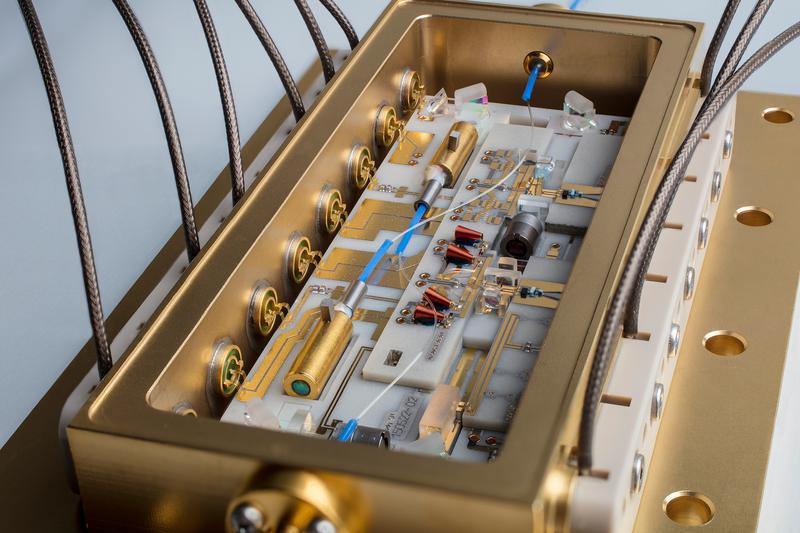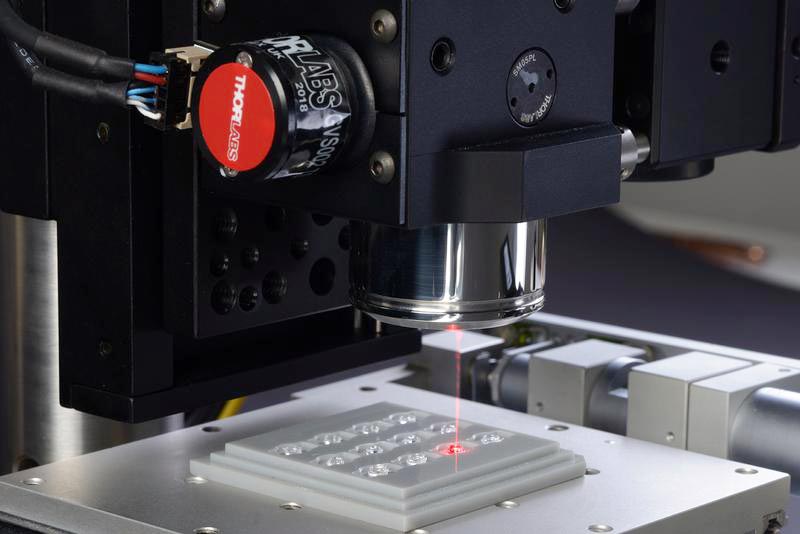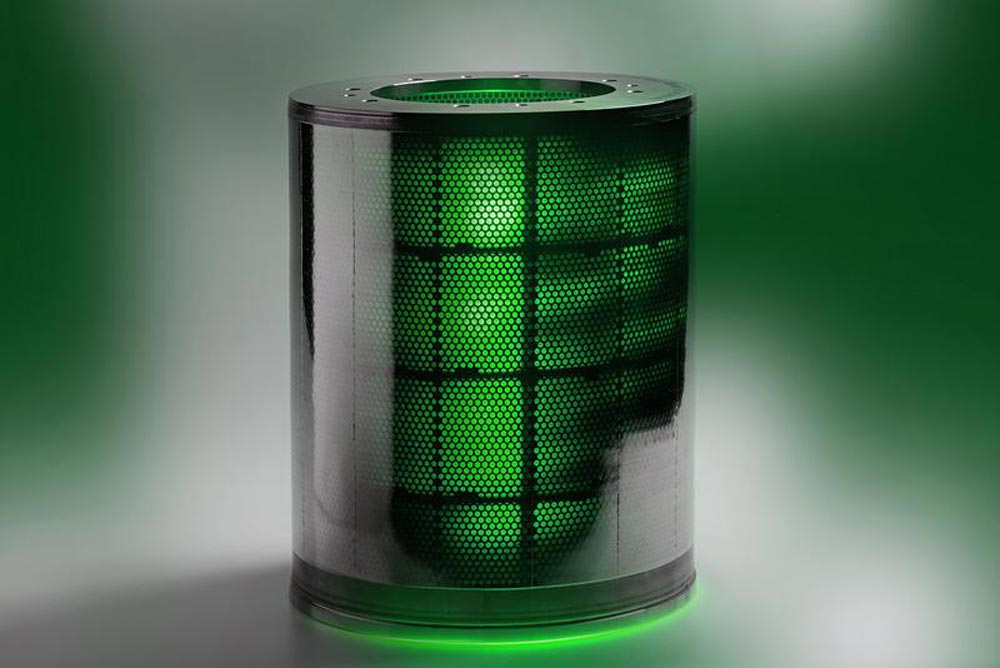

By expanding its integral portfolio of hardware, software and services, Siemens is driving forward the digitalization of industrial automation. Speaking at the SPS IPC Drives 2014, Siemens AG Managing Board Member Klaus Helmrich AG said: “Siemens recognized digitalization as the most powerful lever for industrial growth right from an early stage, and has consistently expanded its portfolio to create a cohesive, integral offering along the entire industrial value chain. This allows us to actively support companies across wide-ranging industries in their bid to optimize and develop their business models, and to offer our customers important competitive benefits”.
Over recent years, Siemens has aligned its portfolio consistently along the value chains of specific industries, selectively expanding the digitalization of its entire portfolio to include such products as PLM-Software, the Engineering Framework TIA Portal or Plant Data Services. In this way, the company covers the entire product and production lifecycle of its customers.
Helmrich pinpointed the merger of industry software and digital technologies with the company's traditionally strong grounding in electrification, automation and drive technology as one of the pivotal factors behind the success of the Siemens industrial digitalization strategy. At this year's SPS IPC Drives fair, for instance, Siemens will be exhibiting more than 100 different products and technologies, and presenting over 20 product innovations.
“There is no other supplier anywhere in the world capable of supplying industrial enterprises with one-stop solutions for everything from reliable power supplies through efficient automation and drive technology to industrial software and data-based services. We know how the productivity, efficiency and quality of factories and plants can be increased. We also know ways in which companies can develop flexible manufacturing which will enable them to address the growing demand for customized products. Our aim is to work with our customers to harness the potential opened up by the ever advancing process of digitalization”, says Helmrich.
Alongside digitalization, Siemens aims to reinforce its position by adopting a more selective, industry-specific approach in dealing with industrial enterprises, starting with the varying requirements of the discrete and process industries. With this in mind, with effect from October 2014 fields of competence and technologies have been more specifically concentrated into two new divisions as part of the Siemens Vision 2020 corporate program. For process industries such as Chemicals, Pharmaceuticals or Food & Beverages, prior significance is attached to stable processes and resource-saving technologies.
Siemens is addressing these needs in the Process Industries and Drives Division with industry-specific solutions and particularly reliable, future-proof components. “The value chains and work flows taking place in the process industries call for a close-knit technological partnership based on trust. We have aligned our portfolio including services along the entire lifecycle of our customers”, explains Peter Herweck, CEO of the Process Industries and Drives Division.
“Our offering unites high-grade, proven and standardized products with industry-specific solutions, covering all the decisive core elements – from integrated engineering systems and process control systems through integral communication down to the field level, for instance with process instrumentation and analytics, as well as Integrated Drive Systems (IDS) with outstandingly efficient and reliable drive technology.”
For customers operating in the discrete industries such as automotive, aerospace and machine tool building, short development cycles, high productivity and maximum production flexibility are priority issues. Addressing these needs will be the Digital Factory Division, with an integrated offering of hardware and software products along the entire value chain, from design and planning through engineering and execution to services, aimed at reducing time to market and enhancing production efficiency.
“Our integral portfolio covers the individual work steps along the value chain, bringing about a merger between the real and the virtual worlds. In this way, we can improve not just certain aspects of the workflow for our customers, but leverage its entire optimization potential”, explained Ralf-Michael Franke, CEO of the Factory Automation Business Unit within the Digital Factory Division.
“The importance of industrial software is set to go on increasing. In the virtual pre-production stages in particular, the use of PLM software will leverage significant productivity benefits – for instance at the product design or production simulation stage. Through the Digital Enterprise Platform, we will be able to link this virtual sphere with the downstream production-oriented engineering and execution stages, where we have already achieved a high degree of integration with our TIA (Totally Integrated Automation) concept.”
For further press information and press material on SPS IPC Drives 2014, please see www.siemens.com/press/sps2014
Siemens AG (Berlin and Munich) is a global technology powerhouse that has stood for engineering excellence, innovation, quality, reliability and internationality for more than 165 years. The company is active in more than 200 countries, focusing on the areas of electrification, automation and digitalization. One of the world's largest producers of energy-efficient, resource-saving technologies, Siemens is No. 1 in offshore wind turbine construction, a leading supplier of combined cycle turbines for power generation, a major provider of power transmission solutions and a pioneer in infrastructure solutions as well as automation, drive and software solutions for industry. The company is also a leading provider of medical imaging equipment – such as computed tomography and magnetic resonance imaging systems – and a leader in laboratory diagnostics as well as clinical IT. In fiscal 2014, which ended on September 30, 2014, Siemens generated revenue from continuing operations of €71.9 billion and net income of €5.5 billion. At the end of September 2014, the company had around 357,000 employees worldwide. Further information is available on the Internet at www.siemens.com
Reference Number: PR2014110065DFEN
Contact
Mr. Peter Jefimiec
Digital Factory Division
Siemens AG
Gleiwitzer Str. 555
90475 Nuremberg
Germany
Tel: +49 (911) 895-7975
peter.jefimiec@siemens.com












